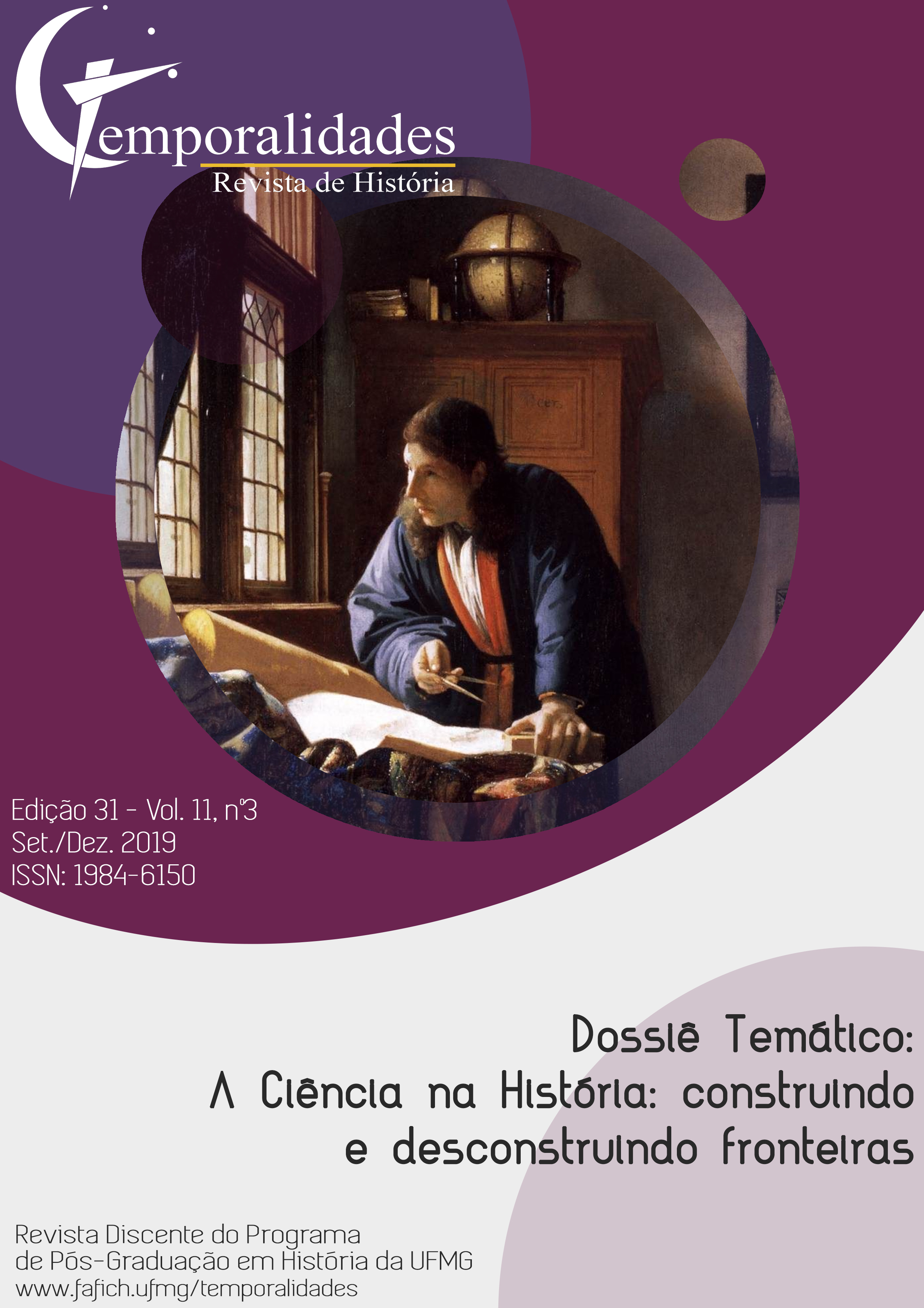The twentieth-century and its reasons
Carl Sagan, Thomas Kuhn and Paul Feyerabend and their distincts visions about scientific knowledge.
Abstract
This article aims to map some of the conceptions about science supported by the American astrophysicist, Carl Sagan (1934-1996). The proposal is to analyze some excerpts from popular scientific works that highlight the author's view of what constitutes science, its function and objectives. For this, Sagan's positions will be compared with the ideas exposed in the pamphlet The Scientific Conception of the World, published by the group of intellectuals called the Vienna Circle, due to the influence this text had on the debates about science in the first half of the twentieth century. In this sense, the contributions of Thomas Kuhn and Paul Feyerabend, two of the leading theorists of the second half of this century, appear both as a basis for thinking about the relationship between history and scientific practices, and as a counterpoint to the image of science spread by the Vienna Circle which certainly impacted the generation of scientists of which Carl Sagan is part.
Downloads
Downloads
Published
Issue
Section
License
O(A) autor(a), para fins de submissão à revista Temporalidades, deve declarar que o trabalho aqui submetido é de autoria do mesmo e nunca foi publicado em qualquer meio, seja ele impresso ou digital.
O(A) autor(a) também declara estar ciente das seguintes questões:
Os direitos autorais para artigos publicados na Temporalidades são do autor, com direitos de primeira publicação para o periódico;
Em virtude de aparecerem nesta revista de acesso público, os artigos são de uso gratuito;
A revista permitirá o uso dos trabalhos publicados para fins não-comerciais, incluindo direito de enviar o trabalho para bases de dados de acesso público.
A Temporalidades adota a licença internacional Creative Commons 4.0 (CC BY).







